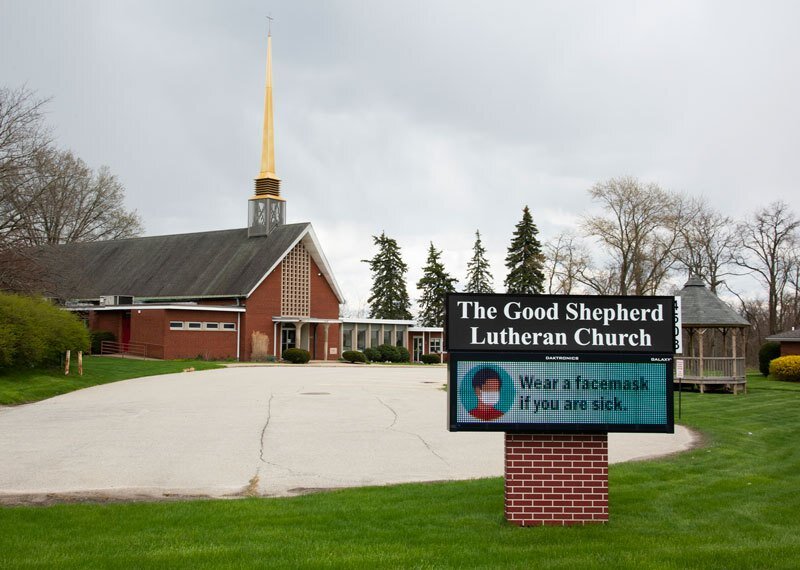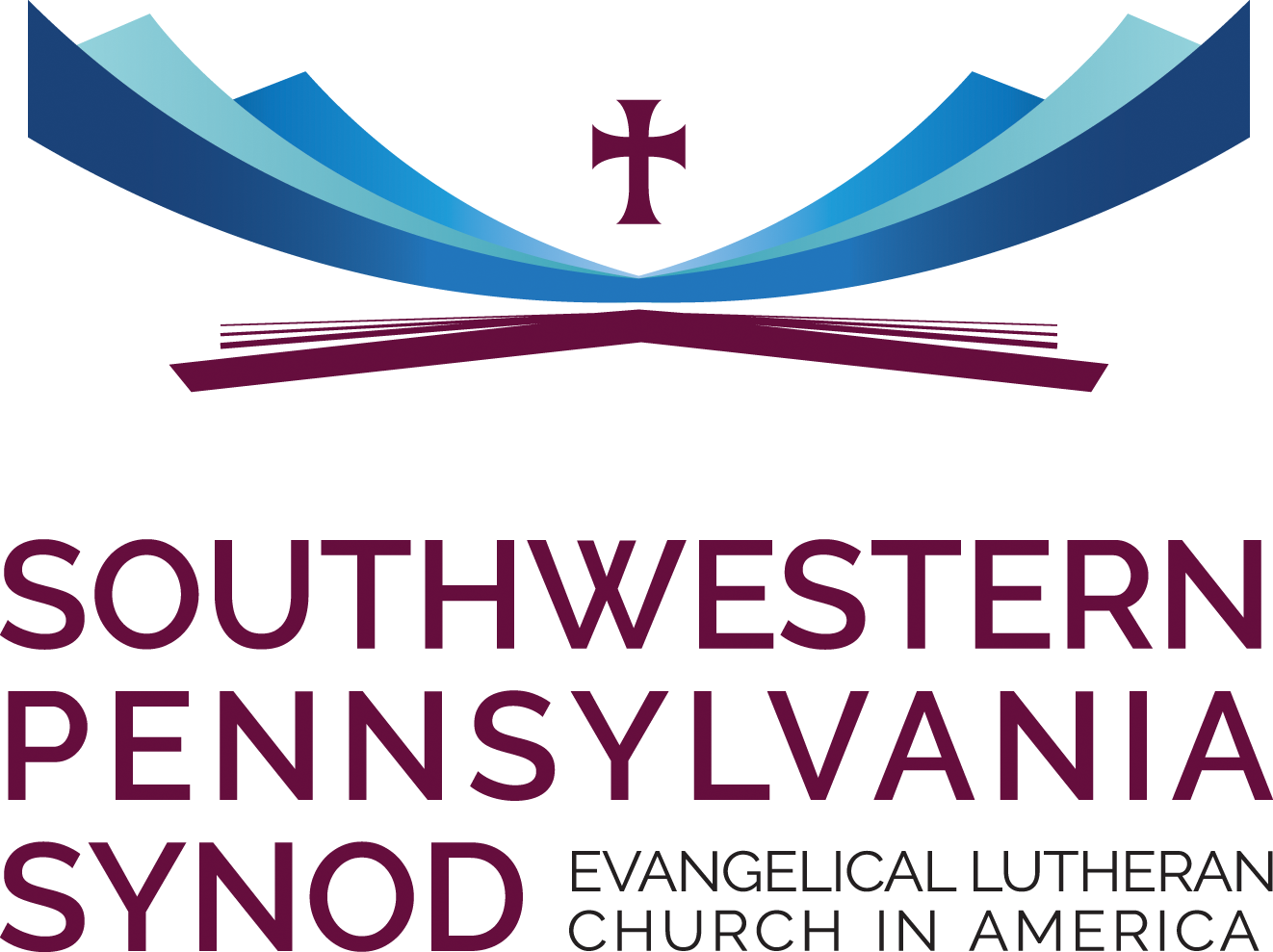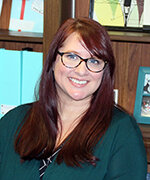The Changing Church
I remember being told a joke at my job interview for the Synod Communicator position. We were sitting around the conference room table at the Synod Office—with then-strangers who would become my teammates and partners in ministry—when the set-up came: How many Lutherans does it take to change a lightbulb? After a brief nervous chuckle, the whole table cried out in unison, “change?!?!”
It was both well executed (one of the better versions of the lightbulb joke I have heard in my day) and enlightening about the culture in which I would be embedding myself at that point in late 2018. Synod Council had made it crystal clear that of their four highest priorities, fostering creativity and openness to change made the list. Not change for the sake of change itself, but because research was showing an organizational culture of resistance having a discouraging effect on the ministers of our synod. The leadership had accepted that this would be an uphill battle, but one that council felt strongly was needed.
With the onset of the Covid-19 pandemic, I’ve seen the coining of the phrase “the before times”… before everything flipped upside down at high velocity, before we forfeited meeting in sanctuaries, before we were all homebound, before when we planned summer getaways, before we were homeschooling, before grocery shopping was a two-hour sanitation event. This story of fostering creativity and openness to change sometimes feels like it belongs in the before times, along with passports and to-go mugs.
Openness is no longer a consideration; we all have changed. Some of us with great enthusiasm, some of us with great pain, but change arrived without asking our feelings on the matter. The notion that any one of our ministers would need encouragement toward creativity also sounds absurd in May of 2020 in a way that it did not as recently as February. I have witnessed an explosion of creativity everywhere I look, including within our synod, in ways that are unexpected, brave, beautiful, and downright breathtaking.
In the before times… the path to actualizing the goal to “foster creativity and openness to change” involved ongoing and unfolding processes and a sizable crew of audacious leaders to research, plan, and take one step after another in that direction. We articulated new clarity around our mission as a synod: to serve, connect, and equip ELCA congregations in southwestern Pennsylvania to tell the story of Jesus. We met with diverse, synod-wide leadership for hours to workshop definitions of our vision, values, and services. We delegated the creation of a strategic plan around all four of Synod Council’s goals to a special task force: Dr. Wendy Farone, Tom Felmley, Pastor Sara Irwin, Jim Needles, Deacon Deb Roberts, and Pastor Jeff Schock.
We listened to ministers at cluster meetings and “communication coffee klatches” about what they felt the synod most needed and listened to their reactions to the mission and new definitions. We launched a new website to better serve our ministers and lay leaders based significantly on those direct conversations and feedback. We also rebranded our synod to better represent who we collectively were being transformed into. The logo—the visual mark of our brand identity—was created by a local designer (David Manchester, teamAdelle studios) to be a creative interpretation of our synod’s vision: flourishing Christian communities where Jesus’ story is embodied. It depicts our region’s three rivers bursting from the pages of Holy Scripture.
Along the way, Synod Council affirmed time and again: YES, this was their aim.
In the before times… signs of creativity and change were slowly, although not always subtly, beginning to be more publicly evident. Synod Assembly in its originally scheduled date was moved to take place over a weekend: Friday, Saturday, and Sunday. Now a seemingly moot point—assembly will be rescheduled for a date we do not yet know and likely in a different format as we keep a watchful eye on how the pandemic unfolds—the weekend plan caused a surprised and trepidatious response from many. The simple explanation for this change is to allow lay leaders with vocations outside of the Church to attend assembly and represent their congregations. The longer and less immediately satisfying end to that explanation is that we are actively shifting our culture, and this is one more visible sign of that change, which we are asking you to greet with creativity and openness.
The oddness of the times in which we currently find ourselves, where creativity and change are the current reality, brings up speculation about what “the after times” may hold. Will we have less stress about how to provide the eucharist on one Sunday a year during a weekend assembly after having been through a prolonged season of fasting from the communion table while worshiping physically apart? Will encouraging our culture to be open and creative be less of an uphill battle and will we see a more level path ahead of us? Will it ease the exhaustion of our synod’s ministers and leaders who are eager to run that path?
The after times will be different from the before times, but I suppose the ways in which they will be different is up to each of us to decide.
If being a synod means that we are wayfarers on the road together, how will we agree to travel together on this next leg of the journey?
In my role on the synod staff I consider myself to be several things: a creative professional, a strategic thinker, a tenacious teammate… but one thing I am certainly not is a prophet. I do not know what the after times will be like any more than you.
But what I do know is that our current times are teaching us many things about creativity and openness to change that neither myself, Synod Council, nor other synod leaders could have ever envisioned a strategy for. My hope is that, while this time is undeniably difficult, we will not waste these lessons when we begin to move into the after times.
“Creativity in this context has meant a deeper listening to what my community is needing and wanting. Thankful that what I have heard is not a desire for slicker videos or better graphics, but simply ways to connect with one another and to hear from one another.”
Pastor Erin Jones
Hot Metal Bridge Faith Community
Southside Pittsburgh
“I’ve finally developed a weekly email newsletter which includes a brief reflection/devotion, which has been fun to write. It’s more informal than my preaching style and allows me to flex some creativity. … Practical learning: I wish I had asked my folks who live alone for contact info for their family members. I’ve had people I’ve been unable to contact at home.”
Pastor Kerri Clark
Trinity Lutheran Church, Connellsville
“Parishioners are feeling more connected to the body of Christ as church, than the church building. Hearing from other leaders about the ways they are ministering, is truly inspiring. There are so many leaders willing to share ideas freely and many working together.”
Sheri Anderson
Staff Member
Harrold Zion Lutheran Church, Greensburg
“I think as Lutherans we are terrible at and uncomfortable with evangelism and having an online presence is helping that. Our people are sharing what their church is doing with the click of a mouse.”
Deacon Amy Santoriello
Zion Lutheran Church, Penn Hills
“I have needed to adapt my style of preaching to a new medium. I don’t write a manuscript and get my energy in preaching from the assembled congregation. I have had to learn to get energy from the perceived congregation as I preach to a camera lens on a phone.”
Pastor Bill Schaefer Prince of Peace Lutheran Church, Latrobe
“Not a new lesson, but a reminder: A few words and a few minutes from someone who cares can mean a great deal to someone and have really nourishing effects.”
Pastor Sarah Rossing St. James Lutheran Church, Youngstown
“We needed to fast track the goal for this year of developing a prayer ministry.”
Judi Rogers
Council Member
St. John’s Lutheran Church, North Versailles
“Not letting a ‘can’t do it’ mindset prevail but rather look for a workaround to help make ministry continue to happen despite the social distancing orders.”
Linda Slatt
Staff Member
Trinity Lutheran Church, Wexford
“When we return, we will review each of our events before starting them up again to see if they align with our mission or are just something we’ve gotten into the habit of doing.”
Pastor Sherry Hazuda
Holy Trinity Lutheran Church, Beechview
“I am now learning from people what they need and miss. Lately I have been excited to hear from homebound members who can see worship on Facebook and involving the kids by asking for photos of them doing something that I can build on for a children’s message”
Pastor Allyn Itterly
Prince of Peace Lutheran Church, Pleasant Hills
“I’ve learned to find ways to incorporate both being a dad and a pastor into what I can. My members have enjoyed seeing me as both in the modified evening prayer that I live stream with my son via Facebook from our home.”
Pastor Ryan Kobert
St. Paul’s Lutheran Church, Sewickley





